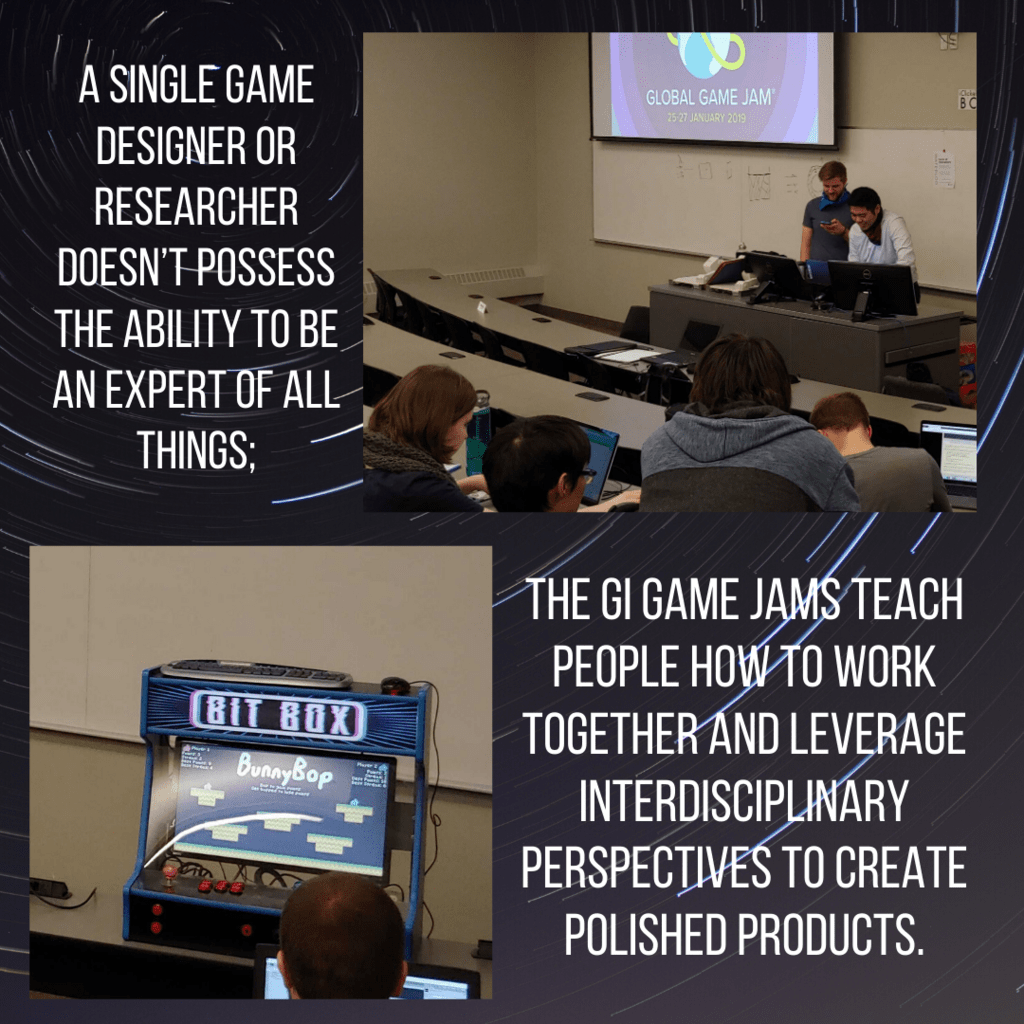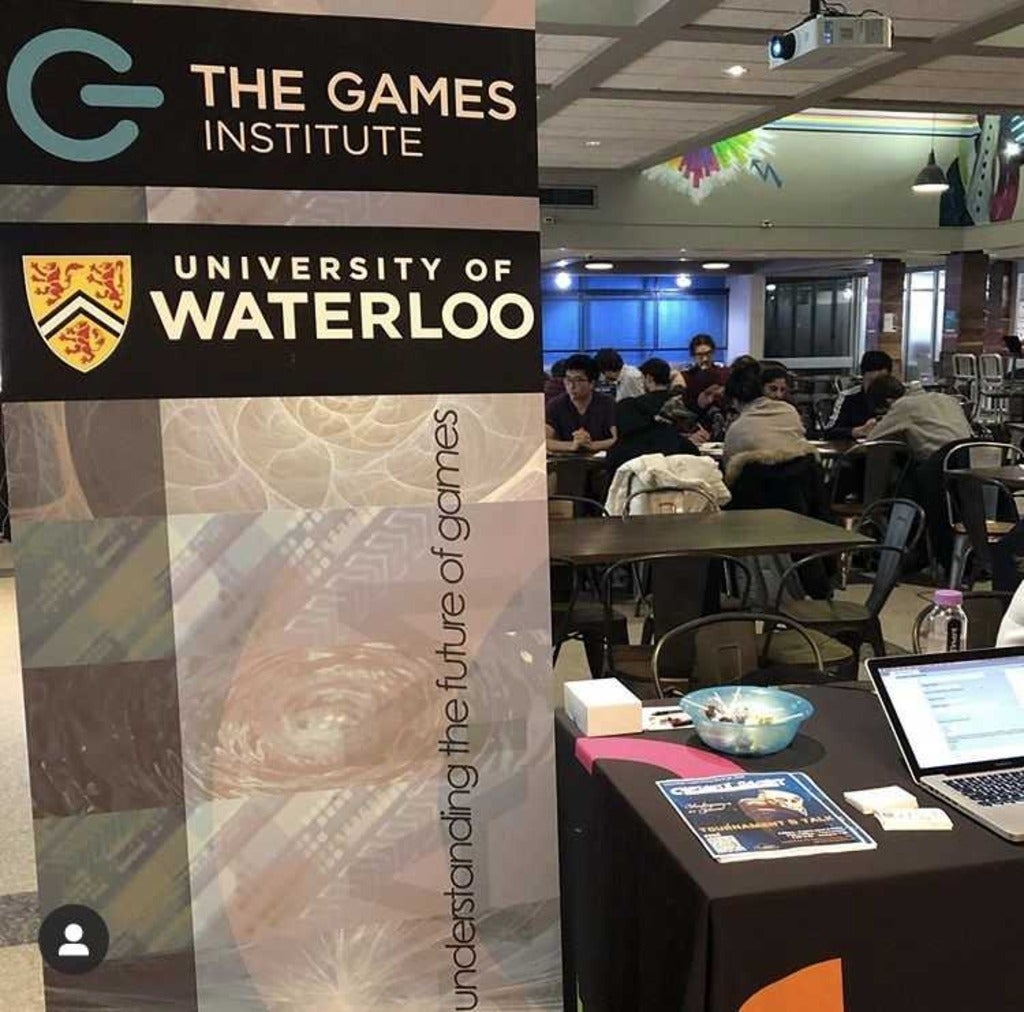The GI Jam inspires new research directions for Prof Oliver Schneider
“I wasn’t really planning any game in particular,” says Oliver Schneider, Assistant Professor in the Department of Management Sciences, “I just knew I wanted to check out the Game Jam since I’ve seen how important it is to the GI culture".



